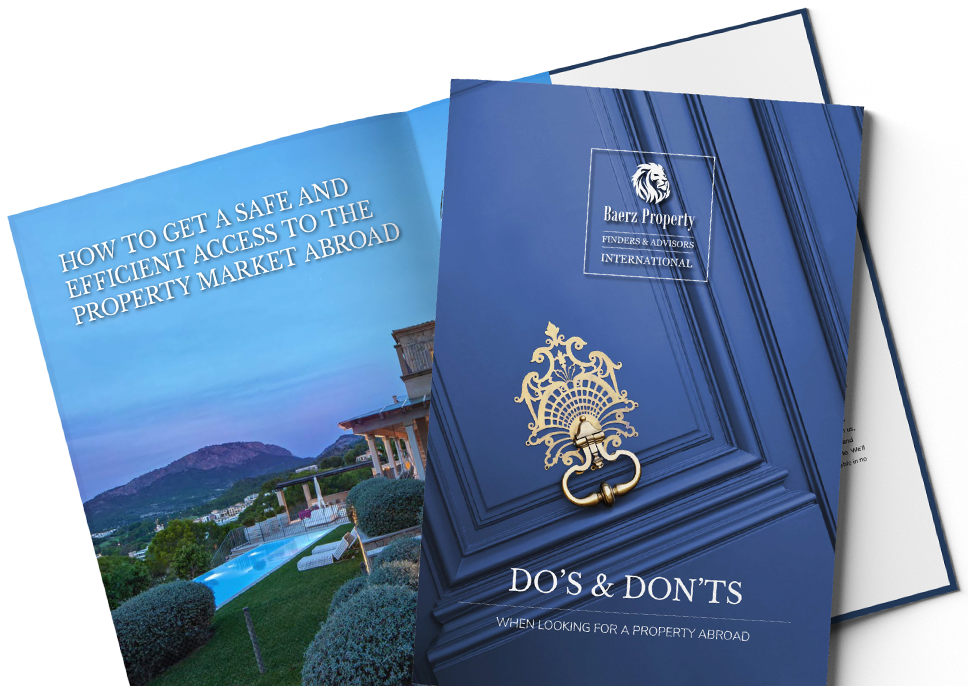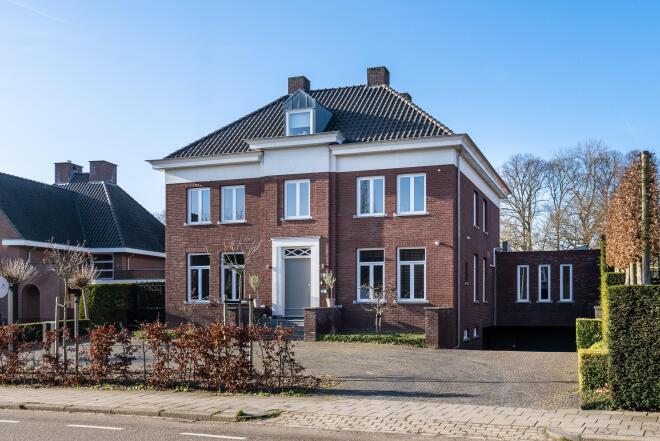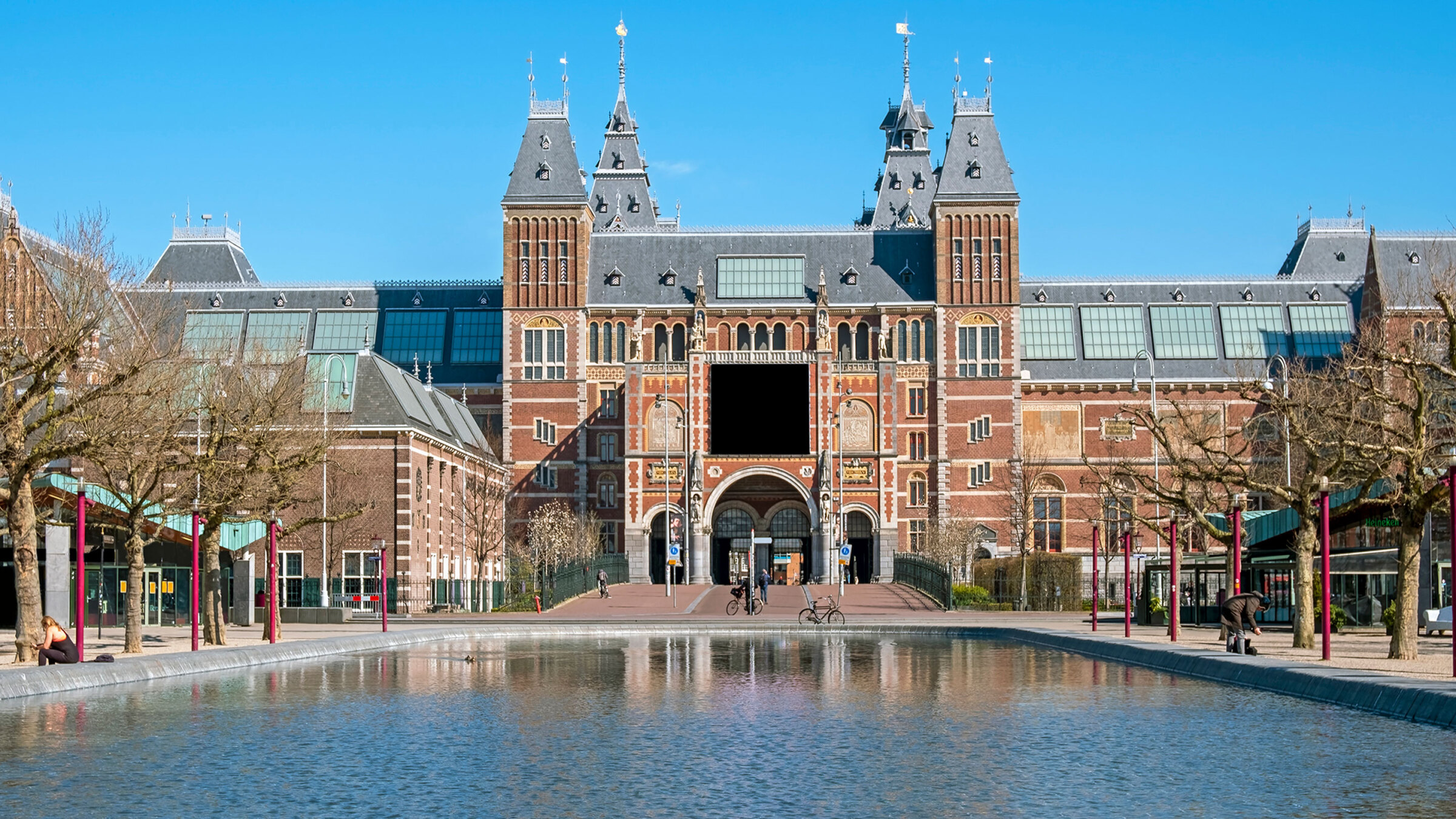
The area’s luxury property market is marked by stable demand and a tightly held inventory, as generational owners only occasionally bring their residences to the market. Large country estates and uniquely restored mills are particularly sought after, maintaining strong value due to limited availability. Transaction timelines are occasionally extended by detailed negotiations, but appreciation remains robust, reflecting Nuth’s enduring desirability for both primary and secondary homes.
Sought-after addresses include leafy avenues near the town center, quiet hamlets such as Vaesrade and Helle, and countryside lanes with panoramic views towards the Limburg hills. These enclaves are characterized by well-maintained lanes, access to cycling paths, and proximity to village amenities. Inventory is select: sizable farmhouses, gracious manor residences, and a handful of sophisticated new builds comprise the upper segment. For those requiring proximity to Maastricht or business hubs, certain locations on the town’s edge offer smooth connectivity without compromising tranquility.
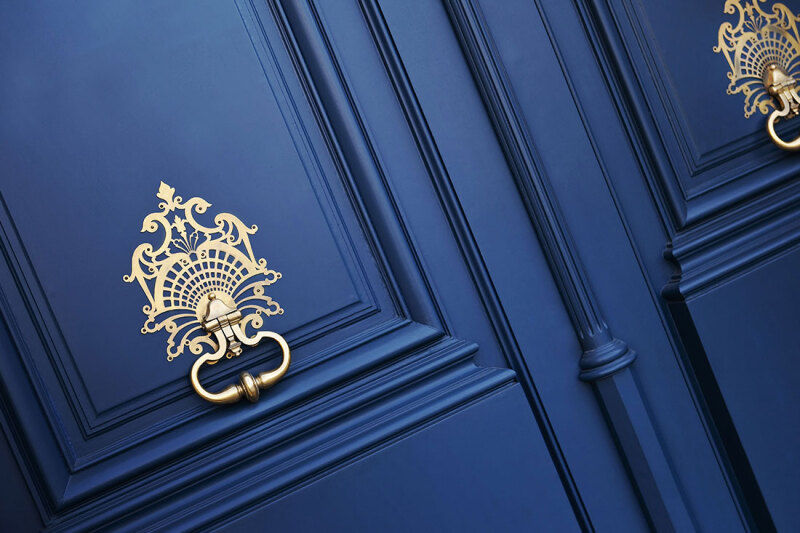
Owning a home here grants more than scenic beauty. Residents benefit from easy proximity to Aachen, Maastricht, and high-speed rail connections to major European cities. Nuth’s community is shaped by a blend of established families, entrepreneurs, and international professionals, fostering an atmosphere that values both connection and privacy. Education is a key draw, with reputable Dutch and nearby international schools ensuring high standards for families seeking a stable base. The cultural calendar, including heritage festivals and equestrian events, enhances the region’s sense of tradition and inclusivity. Estates often span large plots with mature trees or adjacent grazing land, attracting equestrian enthusiasts and those desiring uninterrupted outdoor vistas. Architectural offerings range from meticulously restored limestone villas to striking modern residences with energy-efficient features. The buying process typically involves patient negotiation, especially for protected heritage properties or large rural parcels. Legal frameworks safeguard both buyer and seller, ensuring transparent title transfer and robust due diligence opportunities. Building or renovating custom homes is possible, though permissions and planning may be closely supervised to preserve the landscape’s character. Restorations that respect historical elements are widely appreciated, allowing buyers to create one-of-a-kind homes while contributing to the area’s enduring legacy.
The typical transaction flow consists of preliminary negotiations, reservation agreements, and a notarial deed confirming the transfer. Most high-value homes change hands off-market or via confidential channels, and international buyers frequently engage bilingual advisors to navigate procedures. Due diligence on zoning, historical status, and environmental considerations is critical, especially for period estates. There are no restrictions on foreign ownership, though expert legal and fiscal guidance is customary for UHNW purchasers to ensure compliance and optimize structuring.
The executive rental market is modest but distinguished. Demand is driven by multinational corporations and embassies, especially for properties that offer privacy, security, and proximity to regional business centers. Existing regulations promote tenant security and well-maintained standards. Owners often retain professional property managers to oversee tenancies, ensuring seamless service for discerning guests.
Navigating this unique market requires nuanced local insight and discretion. Experienced property advisors offer essential guidance, from uncovering confidential listings and brokering access to legacy estates, to providing strategic advice on negotiations and compliance. Their involvement streamlines the transaction process, anticipates potential complexities, and ensures clients achieve their objectives in alignment with their vision and values.
Nuth appeals to entrepreneurs and investors seeking balance between tranquility and connectivity. Digital infrastructure supports remote work, while proximity to Maastricht-Aachen Airport and major highways enables swift travel to business centers in Belgium and Germany. The region has seen increasing interest in boutique hospitality ventures, such as renovated countryside inns and fine dining experiences, attracting culinary tourism. Demand for luxury rentals is steady, driven by executive relocations for international companies and visiting academics. The surrounding landscape supports a creative economy, with art galleries, outdoor events, and artisanal workshops contributing to the local flavor. Investment in high-quality accommodations and short-stay properties is widely regarded as a prudent approach, benefiting from stable governance, scenic appeal, and consistent demand from both Dutch and international guests.
Nuth forms part of a well-governed, economically resilient region in the Netherlands. Infrastructure is robust, with reliable transport connections, healthcare, and public amenities. Local governance benefits from integration within the broader Limburg province, known for its prudent fiscal management and low crime rates. The area’s reputation for safety and political steadiness bolsters its standing with both domestic and international buyers. Tourism, especially from neighboring Belgium and Germany, provides an ongoing stimulus for local businesses, ensuring a diversified and stable economic environment.
Cost of living in Nuth aligns with upscale Dutch rural standards, somewhat moderated by its distance from major cities. Utilities, including water and electricity, are efficiently managed and competitively priced. Domestic staff such as gardeners or housekeepers command standard wages, while dining in local restaurants ranges from traditional brasseries to upscale regional cuisine. Essential goods and services reflect the region’s emphasis on quality rather than surplus. Private school and healthcare fees are consistent with national averages, and access to luxury amenities, from golf courses to exclusive wellness centers, is within convenient reach. Real estate taxes and servicing costs for heritage properties are important considerations in budgeting for long-term residence or ownership.
Life in Nuth is defined by a harmonious blend of cultural tradition and modern indulgence. Residents enjoy access to heritage-listed estates, local art galleries, and year-round festivals that celebrate Limburg’s rich history. Outdoor activities abound, from equestrian sports to panoramic cycling routes traversing nearby hills. Gourmet dining reveals both time-honored Limburg flavors and contemporary culinary innovation, supported by nearby Michelin-starred establishments. The region’s social calendar is understated yet sophisticated, appealing to those who value privacy without foregoing cultural enrichment. Whether pursuing tranquil relaxation or engaging in community events, residents find an environment uniquely suited to a cosmopolitan yet grounded lifestyle.

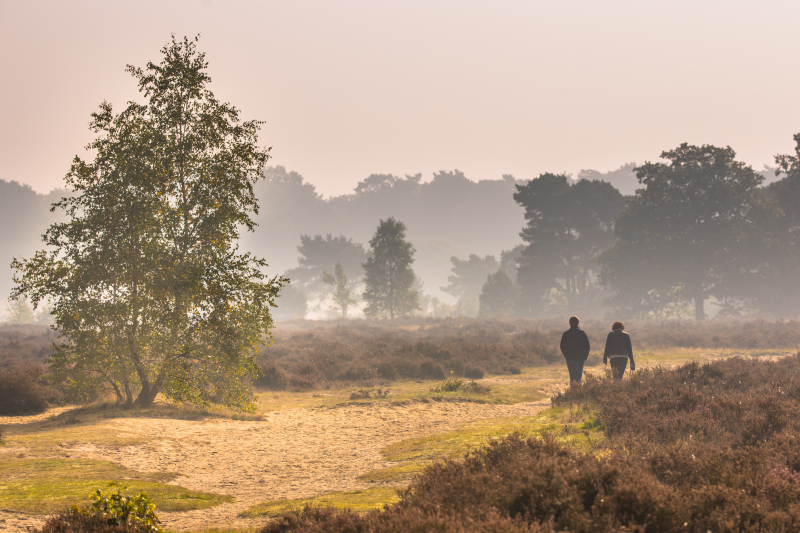
Nuth enjoys a mild temperate climate, with warm summers and cool winters influenced by its inland elevation. Average summer temperatures hover in the low twenties Celsius, offering comfortable conditions for outdoor pursuits. Winters are moderate, with occasional frost and limited snowfall, allowing year-round residency without extreme seasonal disruption. The long growing season is especially valued by those maintaining gardens and estate grounds. Regular precipitation sustains the region’s lush landscape, contributing to both aesthetic appeal and agricultural vitality.
Our curated portfolio features an ever-evolving selection of the region’s most distinguished homes. Encompassing picturesque villas, historic residences, and contemporary masterpieces, these properties are presented with utmost discretion. Every listing prioritizes privacy, architectural significance, and exceptional quality, providing clients access to opportunities seldom found on the open market.
